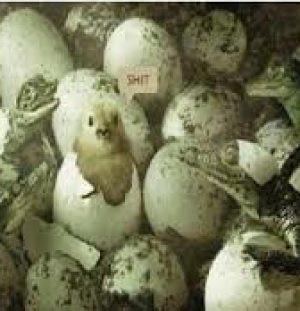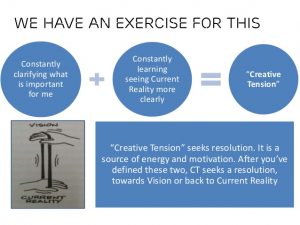Podcast: Play in new window | Download
 Slow is better, slow is not better…
Slow is better, slow is not better…
First off: what is a fallacy? A fallacy is a belief, a behavior, a theory that is based on a premise, an argument that is mistaken. The low truth value of most science, economic theories, spiritual teachings, or most non-fiction book is because of this: the premise, the foundation, the argument is mistaken. The fact that someone got a Nobel Prize only shows that this is hidden from plain view.
This article will deal with one unsound argument, one premise that is false but invisible.
When T. Harv Eker said: when something is not working, there is something you don’t know… The “something you don’t know” is always from the invisible. ALWAYS. And more often than not, it is a premise, undebated, unconscious, taken for a fact.
So, here you go: the title says it all: it is believed that slow is good. That slow is “mindful”. Continue reading “The fallacy that slow is better. Slow is not better…”

